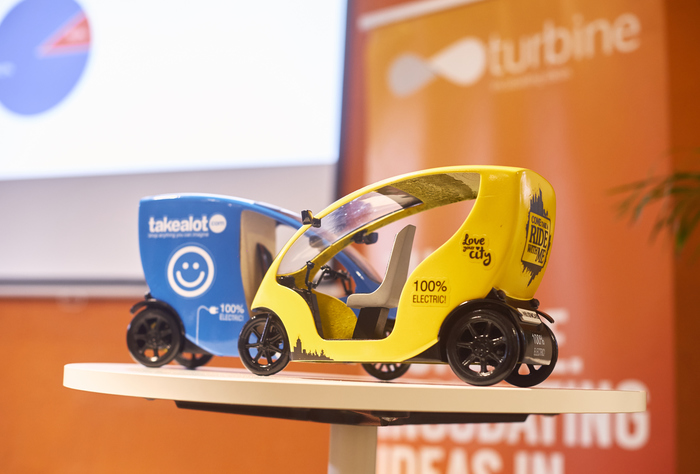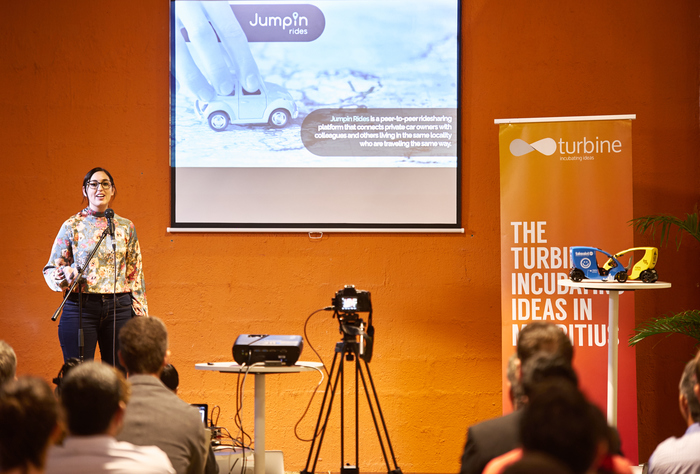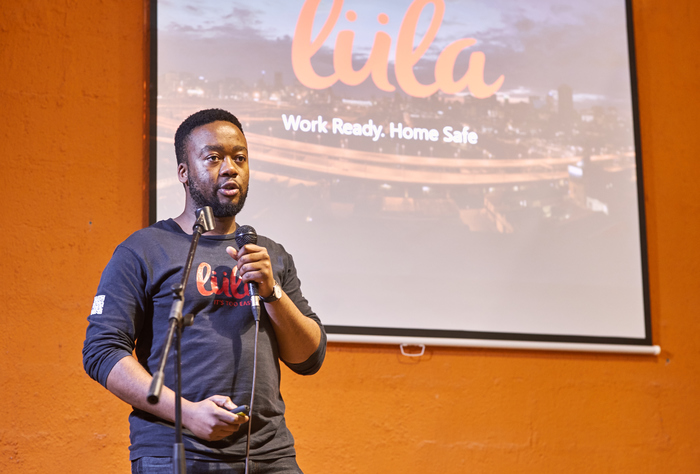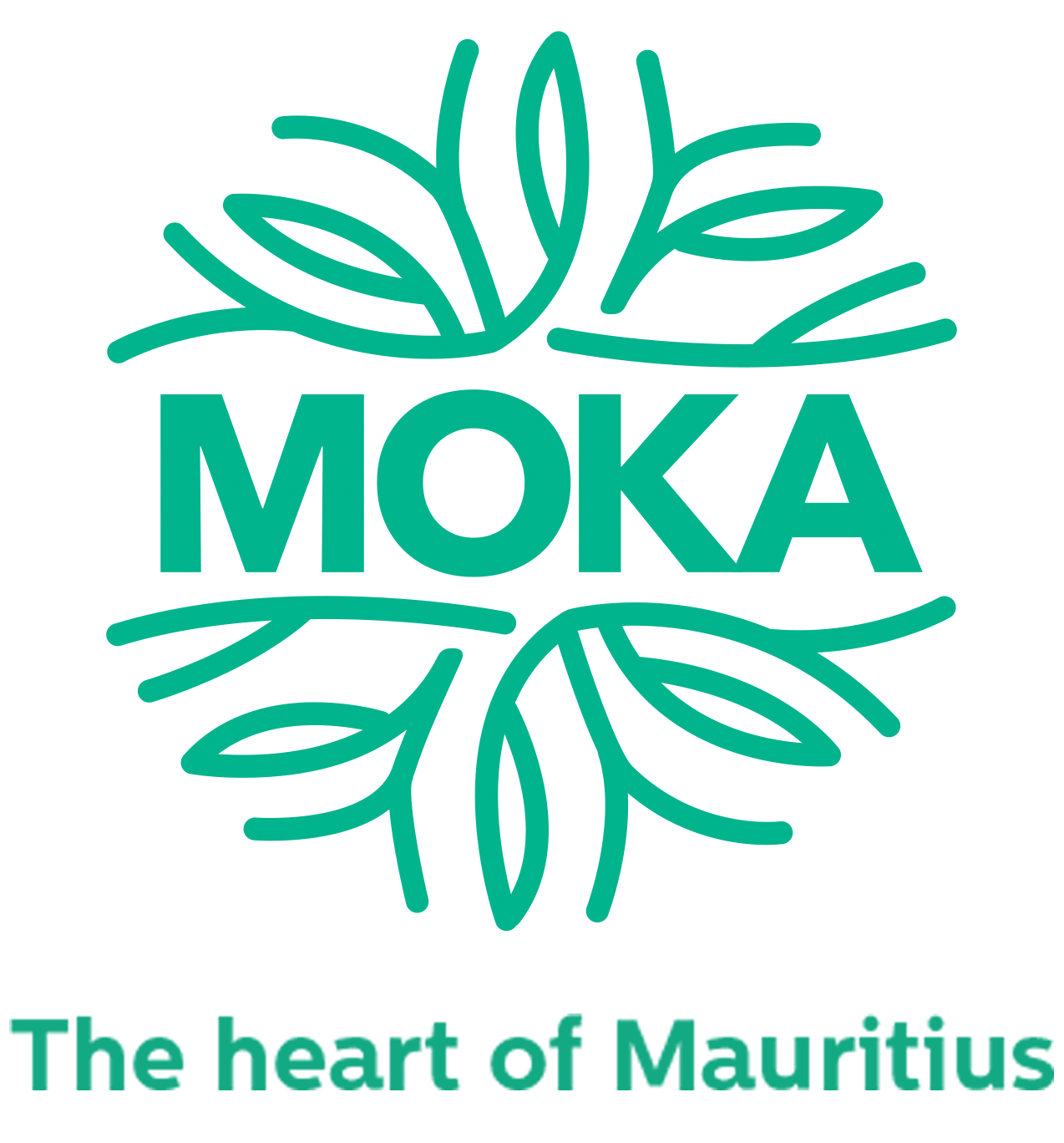The six finalists of the Smart City Mobility Challenge made a final pitch at the Turbine, Moka Smart City on Wednesday 31 July 2019.
About the Smart City Mobility Challenge
Mobility, an issue for tomorrow
Mellow Cabs (South Africa), Neil du Preez, “Mobility is a precondition for economic growth: mobility for access to jobs, education, health, and other services. Successful cities depend on efficient public transport working in conjunction with other sustainable transport services.” Mellowcabs manufactures and operates (bright yellow!) electric mini-cabs that offer an eco-friendly transportation service in congested urban areas.


“There is a global lack of mobility and traffic congestion around Africa. We want to provide the African market with a relevant alternative to existing public transport,” she says.

The last round
